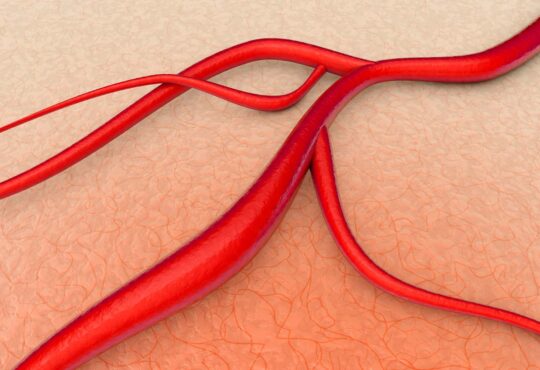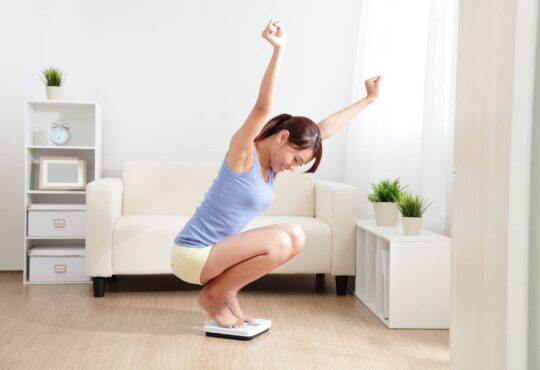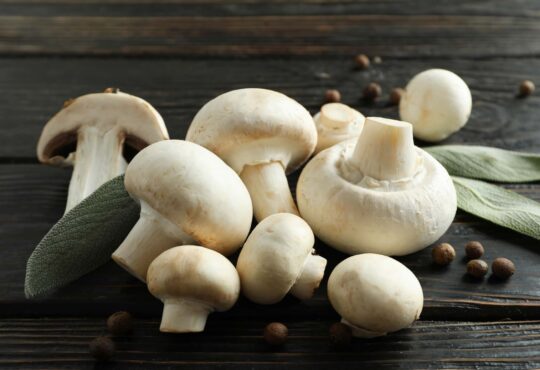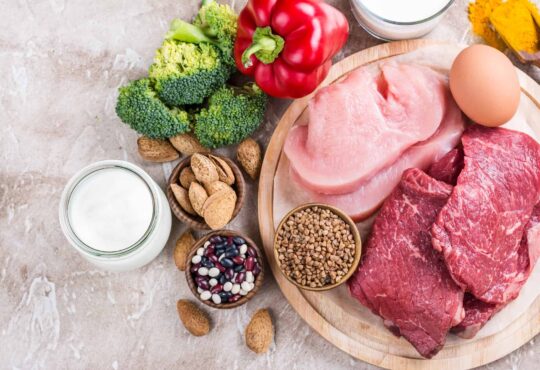Two “Secret” Keys to Optimize Your Testosterone

They’re not ingredients found in the Amazon rainforest or the Siberian wilderness, so nobody is trying to sell them to you.
But, if you ignore them, all the pills in the bottles of supplements that allegedly will make you “hot to trot” will be like spitting into a hurricane.
Best of all, the first key to optimizing your levels of testosterone is also the foundation to good health in many ways: not doing it is the driver behind the most frightening chronic illnesses of our time: heart disease, cancer, diabetes, stroke, and Alzheimer’s.
By keeping this one factor under control, you go a long way toward minimizing your risk for All of the Above.
The second key not only improves your life but enhances it in ways too many aging people really need.
What is Testosterone?
It’s a natural and powerful hormone found in all adults, although it’s most closely associated with masculinity. It is strongly associated with sex, but its many effects have a huge impact on our overall health and happiness.
In males, testosterone is created primarily by the testicles, but not entirely. It’s also produced by your adrenal and other glands.
Testosterone and estrogen are complementary. All adults need some of both for optimal health. In “normal” genders: women have more estrogen and men have more testosterone.
It’s important to have the optimal ratio. Women with low levels of testosterone in relation to their estrogen suffer from that, just as do men who have too little testosterone in relation to their estrogen.
Also, testosterone levels vary greatly. Some men in their 90’s may have as much as teenagers.
Still, for most of us, it goes down gradually as we age.
Testosterone Doesn’t Have to Cause “Toxic” Behavior
In animals, testosterone does drive competition between males for females – and the resulting violence.
However, the famous neuroscientist Dr. Robert Sapolsky notes that people are more complicated and adaptive than animals. We can find positive and productive ways to compete or gain status. He says that if you go to an upper-class charity party, you’ll find wealthy men competing with each other over who will donate the most money.
That too is testosterone in action.
Testosterone may drive men to compete violently when they grow up in the context of a violent society, but that’s the fault of the society, not the hormone.
The Grouchy Old Man (and Woman) Syndrome
Lowered testosterone does lower sex drive, reduce bone mass and density, make sleep more difficult, shrinking muscles, decrease energy, put on fat, and bring on irritability and depression.
Small wonder older men are often grouchy.
Aging women with lowered levels of testosterone experience the same basic symptoms.
Feeling tired. Getting weaker and frailer. Losing mental focus. Slipping libido.
Many of the health problems we associate with old age.
But Two Things are Scientifically Documented to Help Optimize Testosterone
1. Lowering inflammation
When we’re sick, our entire bodies shift into the mode of acute inflammation. That includes fever, allowing blood to leak into flesh (causing swelling and redness), and fatigue, so we lie down to conserve energy while the body fights the illness. Your immune system produces pro-inflammatory cytokines to attack the bacteria or virus.
That’s great when we’re infected with a hostile pathogen. Unfortunately, modern lifestyles – including chronic stress – cause us all to have persistent levels of chronic inflammation. Our bodies are always in attack mode, even when there’s no active infection to fight off.
Scientists have discovered that injecting IL-6 and those other pro-inflammatory cytokines into people lowers their desire for sex and reduces their levels of both testosterone and estrogen. The Il-6 travels to many parts of your body that contain receptors for testosterone and estrogen. Then it modifies those receptors so testosterone and estrogen cannot bind to them.
Therefore, the first key to optimizing testosterone is to live an anti-inflammatory lifestyle:
1. Get 7-9 hours of sleep every night.
2. Eat many whole plant foods and avoid processed oils, sugars, refined grains and salt.
3. Exercise moderately on a regular basis.
4. Manage your stress through yoga, meditation or just relaxing twenty minutes every day.
2. Compete and Strive to Accomplish Something Worthwhile
Here’s where many older people let themselves go. They’re “retired.” Their productive careers are over, they think. It’s time to relax and enjoy life. They’ve earned it.
Some of that’s great, but the competition – not mellowing out – increases testosterone.
Remember: it can be a productive competition. Marathons or poker tournaments or playing pickle ball or chess.
It doesn’t have to be a game or contest. Just pick a goal and go after it. Think the world is going to Hell? Who doesn’t? Do something to stop it. Start a blog. Raise money for your favorite charity.
Spend your time doing something interesting, fun, and worthwhile.
Use Your Brain
Dr. Sapolsky points out how thinking about events has a great effect on testosterone.
You may think – from simplistic articles in the mainstream – that testosterone is only for winners. But the guy who finished the marathon first may be upset because his time was 5 minutes slower than he ran last month. The guy who placed 92nd might be bursting with testosterone just because he finished.
When you work hard for something you want, give yourself credit.
You’re raising your testosterone.
https://www.everlywell.com/blog/testosterone/unhealthy-testosterone-levels-in-women-some-causes-and-symptoms/
https://www.medicalnewstoday.com/articles/322647#twelve-signs-and-symptoms
https://www.youtube.com/watch?v=DtmwtjOoSYU
https://www.youtube.com/watch?v=qJXKhu5UZwk&t=1383s







